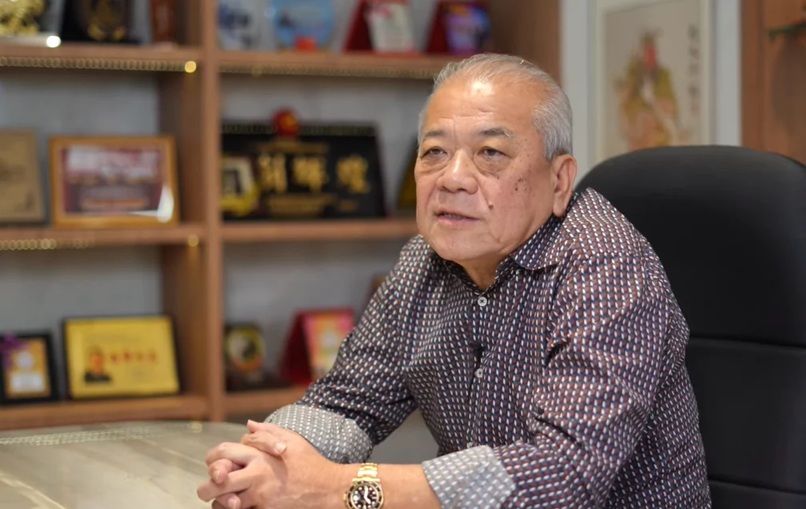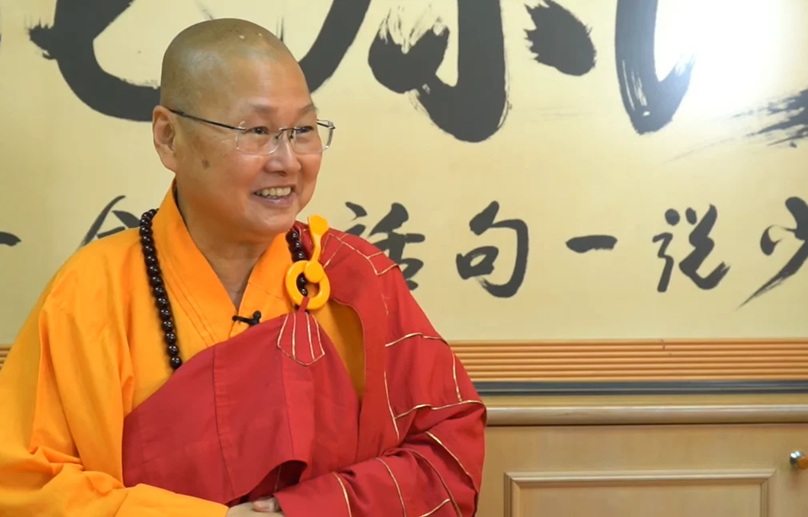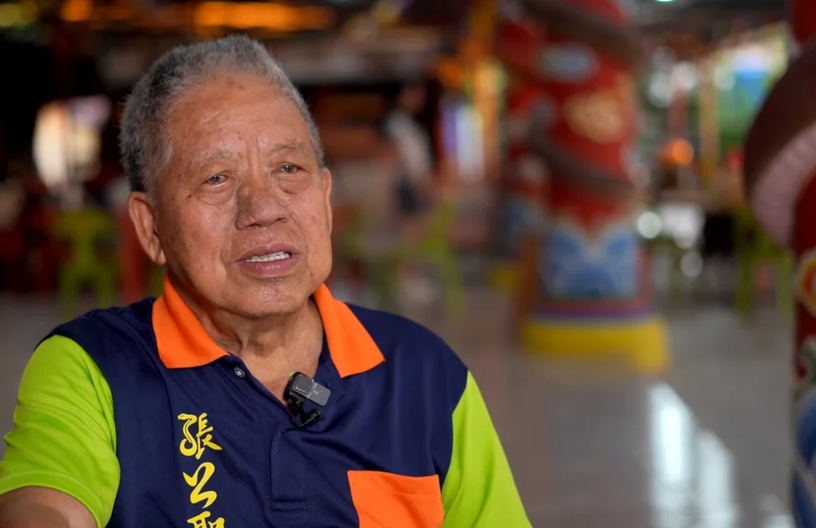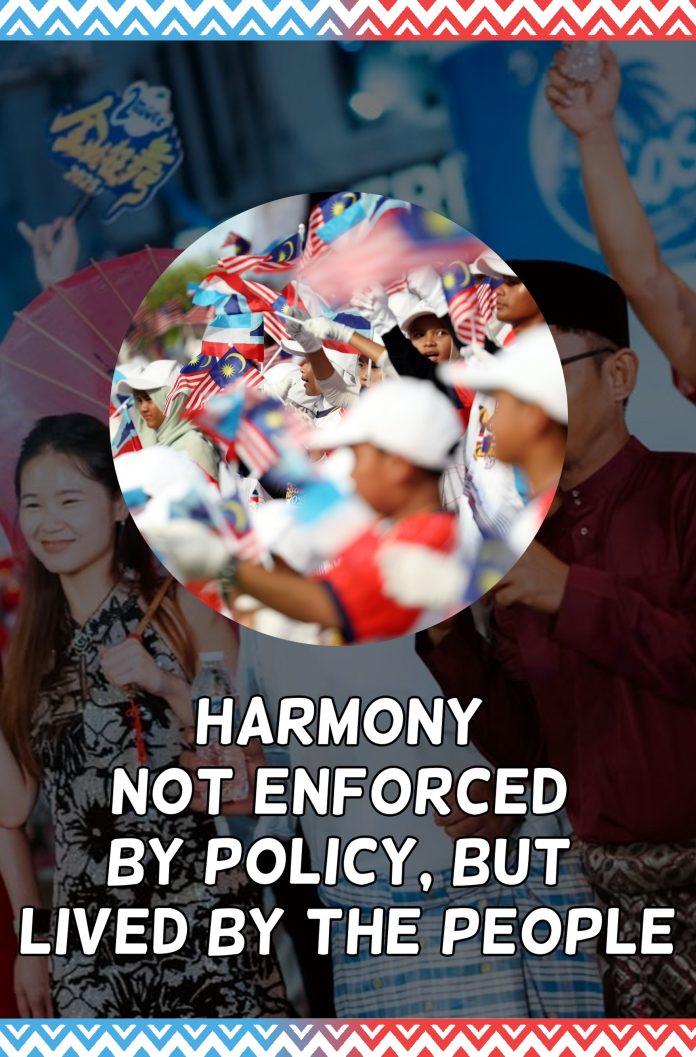Each year, when the International Dragon Boat Race returns, the sea and shore come alive together, a celebration that stirs both the water and the crowd. It is one of Sabah’s liveliest festivals, and it no longer belongs to just one community. What began as a Chinese cultural tradition has become a celebration embraced by all, a festival for the people.
The Rhythm of Culture Beats in Unison
According to Tan Sri T.C. Goh, President of the Federation of Chinese Associations Sabah (FCAS), the annual race, launched in 2003 has evolved into a truly multi-ethnic event. “Each year’s race costs between RM1 million and RM1.4 million. The state government and tourism board contribute about RM300,000 to RM500,000, while the rest comes from the Chinese community, businesses, and advertising sponsors,” said Goh.

What makes the Dragon Boat Race special is not just its “international” scale, it’s the fact that it’s “for everyone.”
“About 80% of local teams are made up of indigenous participants, especially the Bajau community — the sea people. During the race, whole families camp overnight by the beach, turning it into a festive seaside gathering.”
Beyond dragon boats, lion dance culture also thrives in Sabah. “Our Gao Qing Lion Dance Troupe is well known nationally and has even won awards in China,” Goh added with pride. “This tradition continues thanks to state funding that helps purchase lion heads and support youth training.”
For Goh, culture is not merely performance, it is a vessel for spirit and identity. “Culture is the root of a people. When our traditions are embraced by our indigenous friends, when their children enjoy them — that’s the best outcome we could hope for.”
Faith That Brings Peace of Mind
Culture unites hearts; faith steadies them.
At Fo Guang Shan Sabah, laughter blends with the soft rhythm of chanting as devotees gather for community events. Venerable Jue Cheng, Chief Abbess of the Fo Guang Shan Malaysia-Singapore-Thailand-India District, says: “Wherever there are people, there should be a place where hearts can find peace. When life feels heavy or confusing, this is where one comes to seek inner answers.”

The temple’s growth in Sabah, she notes, reflects the government’s openness and support for religious development. “Converting commercial land for religious use is not easy — it can take two or three years. The approval we received represents the government’s trust, and that trust is more precious than money.”
Looking ahead, Fo Guang Shan plans to build an education center on two acres of land — complete with classrooms, a sports ground, and a theater for youth activities. “Religion isn’t only about cultivation; it’s also about giving young people a place to grow,” she said.
Faith in Action: When Temples Become Community Anchors
Faith finds its highest expression when it moves beyond the temple walls. Yang Shi Lai, chairman of Wei Sheng Gong, believes temples are not just places of worship, they are hubs for community service.
“When we first organized blood donation drives, no one came,” he recalled. “Then we changed the approach — each successful donor received 10 kilograms of rice, a red packet, and breakfast. It worked. Over the past decade, participation has grown steadily.”

The temple also collaborates with local councils and welfare departments to support around 400 low-income families annually. “We cook for them on-site and send them home with rice. Most are Dusun and non-Muslim indigenous families. Religion doesn’t matter, helping people does,” Yang said.
Government support, though modest, remains essential. “The grants aren’t large, but they mean a great deal to us.”
Institutional Support, Everyday Harmony
Behind these cross-cultural and interfaith initiatives lies a policy framework sustained for over three decades. Che Ming Sheng, former Political Secretary to the Chief Minister, shared that the Sabah government allocates RM70 million annually to education and religious bodies.
“Half goes to education, half to religious organizations — and it increases by about 10% each year. Over 90% of applications are approved, regardless of faith, as long as they are legitimate and well-documented,” he explained. Yet, Che emphasized, harmony in Sabah isn’t manufactured by policy.

“Intermarriage is common here. Religious harmony isn’t enforced — it’s a natural way of life for Sabahans. That’s what makes Sabah unique.”
Venerable Jue Cheng echoed this sentiment: “Here, people don’t see divisions. In coffee shops, Muslims and non-Muslims sit together, sharing meals without issue. Harmony comes from one’s mindset, am I creating peace, or am I creating barriers?”

Everyday Encounters, Genuine Integration
Sabah’s multicultural harmony isn’t built on slogans or regulations, it’s woven from daily interactions and trust. From the pounding of dragon drums to the quiet rhythm of prayer, from festivals to charity work, these shared experiences bring people of all backgrounds together.
In such ordinary exchanges, faith ceases to divide — it becomes a bridge of understanding and respect. And that, perhaps, is Sabah’s greatest soft power: a harmony that lives, breathes, and grows in everyday life.
VOICE OF ASIA Editorial Note
At VOICE OF ASIA, we believe in amplifying the real voices of the people – especially those too often overlooked in national discourse. This translated article, originally published by Sin Chew, highlights a perspective from Sabah that resonates with our editorial mission: to go beyond headlines and politics, and shine a light on what truly matters to everyday Malaysians.
The original version can be found here.



